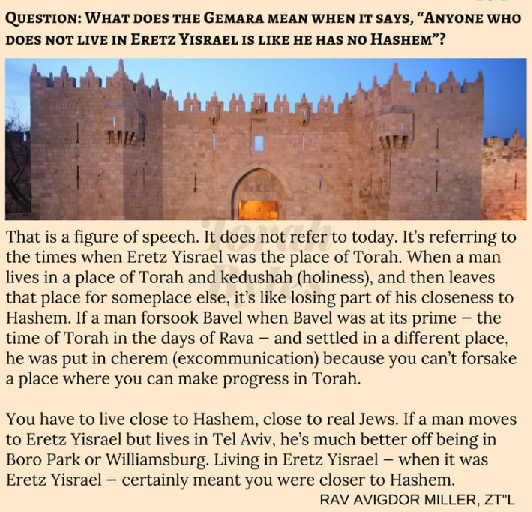Due to the pandemic, the government is giving out $1,000 to all who qualify for it. This program is the equivalent of a temporary Universal Basic Income program. If Covid 19 continues, the Trump administration’s policy will more and more come to resemble UBI. What is the permanent version of this program? UBI has the advantage of simplicity: $12,000 per year to all, from the richest to the poorest. Even some erstwhile supporters of the free enterprise system have been taken in by the siren song of this proposal.
It is time, then, for a critical review of this initiative.
First, it will promote laziness and reduce labor force participation. If people can scrape by with this relatively modest amount of money in their pockets, why go to work so as to help others? Why become a dishwasher or house-cleaner when you can indulge yourself in poetry, tv watching, computer gaming or day-dreaming? Investment in human capital, the be-all and end-all for rising to the middle class, will have taken a shot to the solar plexus.
Second. it will increase immigration on the part of poor and thus presumably not very productive folks. A highly skilled worker from abroad is not likely to line up at our borders for this amount of money, but to a poverty stricken person on the fence, this offer is likely to tip him over into crossing our borders.
Third, while the UBI is pegged at a low level, experience suggests it can be radically raised. The income tax was introduced at 3% of earnings, and look at it now. There is at present a group supporting so-called “welfare rights.” A UBI “rights” organization is sure to follow. How can we be so callous as to offer everyone such a pittance? The voting bloc for expanding its scope will be immense. It will include all “low information” voters who do not realize that the money has to come from somewhere.
Fourth, while these funds are now promised to all and sundry, it can always in future be taken away from dis-favored groups. This possibility, even if not carried out, gives the government more and more power over the populace, at a time when a move in the very opposite direction is more in keeping with economic freedom. Do we really need more people dependent upon the largesse of the all-loving state?
Fifth, some argue that the UBI is an improvement over the present system. It penalizes no one from obtaining a job. True enough. But the extreme likelihood is that it will not replace welfare as we know it, but, rather, be added to present disastrous policies.
Sixth, given that this new “rag in the bag” will raise taxes (or further enhance deficits) some of our most productive citizens will migrate to other countries. It is no accident that people are leaving the likes of Connecticut, New Jersey, New York, California, etc., and moving to low tax states such as Florida, Texas, Arizona. Do we really want to introduce this tendency on the national level?
Seventh, UBI will not cure poverty, as claimed by its adherents. The way to enrich ourselves, says Adam Smith in his Wealth of Nations, is through more capital goods, based, in turn, on savings, based, in further turn, on economic freedom. This program leads us in the very opposite direction.
Eighth, what’s the point of taxing millionaires like Bernie Sanders and Bill Gates, and then turning around and giving them back some of their cash? These transfers are costly. More money will thus flow into the pockets of those living in the very richest counties in the U.S., near Washington D.C. The only benefit is publicity.
UBI will further rend the fabric of the social order, not improve it. As for the present scheme, according to Milton Friedman, there is nothing as permanent as a temporary government program. Better to phase this out as soon as possible, now that it has begun, which never should have been the case in the first place.
Sources:
https://www.realclearpolitics.com/epolls/latest_polls/;
https://search.yahoo.com/yhs/search;_ylt=AwrDQqO8OiZevfkAhAIPxQt.;_ylc=X1MDMjExNDcwMDU1OQRfcgMyBGZyA3locy1pdG0tMDAxBGdwcmlkAzhhTU1tU1ZkUy5LQjRLekhpZnY0bUEEbl9yc2x0AzAEbl9zdWdnAzQEb3JpZ2luA3VzLnNlYXJjaC55YWhvby5jb20EcG9zAzIEcHFzdHIDYXQgd2hhdCBsZXZlbCB3YXMgdGhlIGluY29tZSB0YXggZmlyc3QgaW50cm9kdWNlZD8EcHFzdHJsAzUwBHFzdHJsAzUyBHF1ZXJ5A2F0JTIwd2hhdCUyMGxldmVsJTIwd2FzJTIwdGhlJTIwaW5jb21lJTIwdGF4JTIwZmlyc3QlMjBpbnRyb2R1Y2VkJTIwdXMEdF9zdG1wAzE1Nzk1NjM3NDMEdXNlX2Nhc2UD?p=at+what+level+was+the+income+tax+first+introduced+us&fr2=sa-gp-search&hspart=itm&hsimp=yhs-001¶m1=1¶m2=f%3D4%26b%3Dchrome%26ip%3D141.164.29.80%26pa%3Dpdfconverterds%26type%3Dpds_sjiqmxum1acegikmuebkmoqsuwl96p7j8qmodg_19_45_ssg10%26cat%3Dweb%26a%3Dpds_sjiqmxum1acegikmuebkmoqsuwl96p7j8qmodg_19_45_ssg10%26xlp_pers_guid%3Dgclid_eaiaiqobchmixflg9_pr5qivyqt9ch2onq8eeaeyasaaegly5_d_bwe%26xlp_sess_guid%3Dgclid_eaiaiqobchmixflg9_pr5qivyqt9ch2onq8eeaeyasaaegly5_d_bwe-9fc3-29c00f804e86%26uref%3D%26abid%3D%26xt_abg%3D%26xt_ver%3D10.1.4.57%26ls_ts
From LRC, here.

